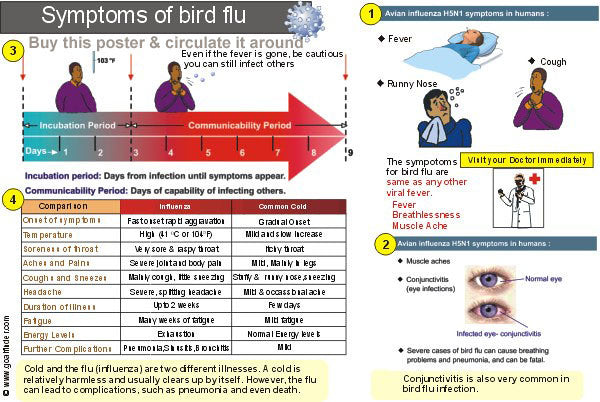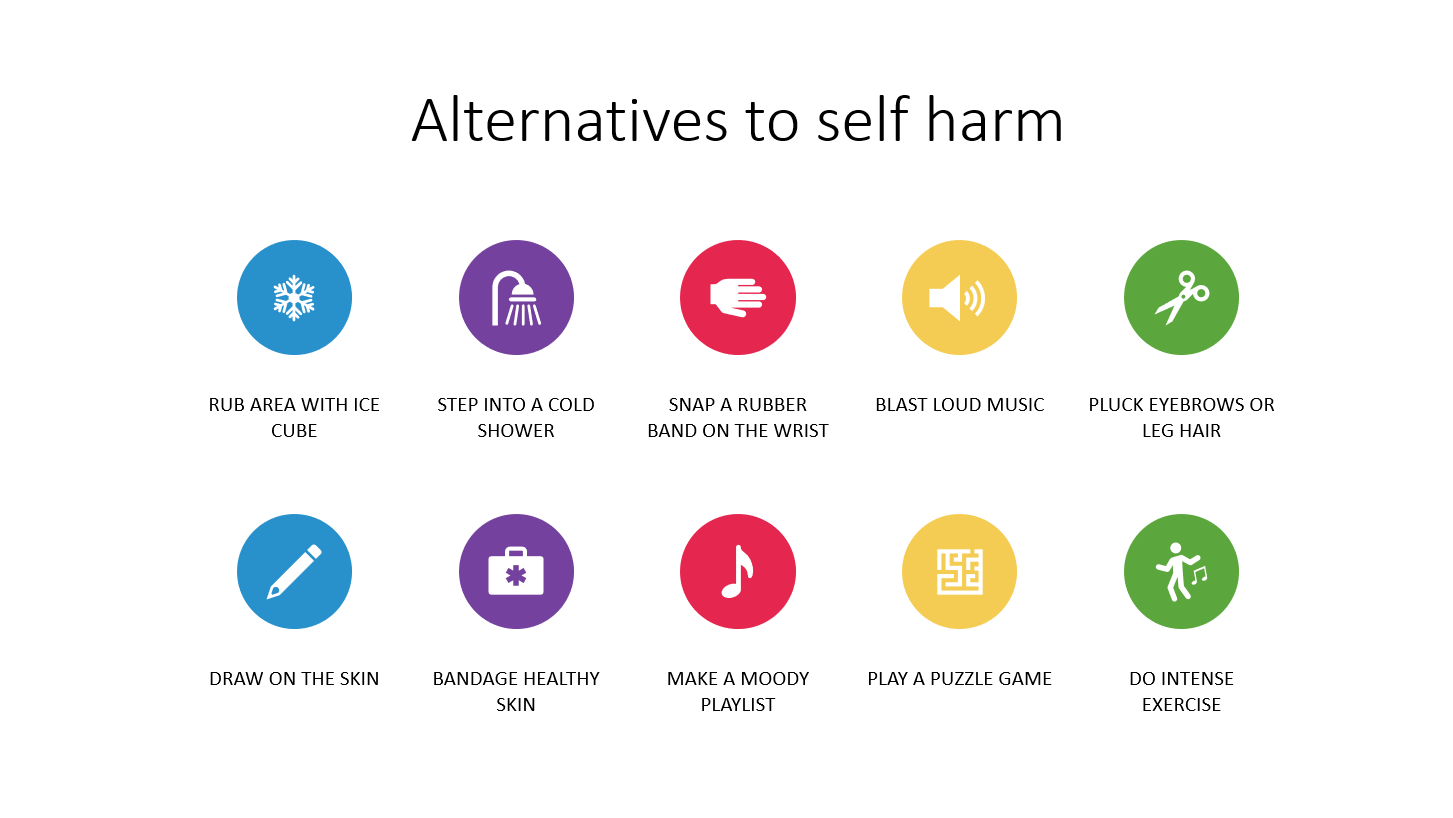
Treating Cold Symptoms: Strategies for Relief
Treating Cold Symptoms: Strategies for Relief
Overview
What are cold symptoms?
Cold symptoms are a common occurrence and can make you feel miserable. They typically include a runny nose, congestion, sneezing, sore throat, cough, and fatigue. These symptoms are often caused by a viral infection, such as the common cold or flu. While cold symptoms can vary from person to person, they are generally characterized by discomfort and annoyance. If you're experiencing cold symptoms, it's important to take steps to alleviate them and promote healing.
Common causes of cold symptoms
There are several common causes of cold symptoms that can leave you feeling miserable. One of the main culprits is the rhinovirus, a type of virus that thrives in the nasal passages and upper respiratory tract. Other viruses, such as the coronavirus and the respiratory syncytial virus (RSV), can also cause cold-like symptoms. Additionally, exposure to cold weather or being in close proximity to someone who is already infected can increase your chances of developing cold symptoms. It's important to take precautions and practice good hygiene to minimize the risk of catching a cold.
Why treating cold symptoms is important
Treating cold symptoms is important because it helps alleviate discomfort and speed up recovery. When you have a cold, you may experience symptoms such as a runny nose, sore throat, cough, and congestion. By treating these symptoms, you can find relief and get back to feeling your best. Taking over-the-counter medications, drinking plenty of fluids, getting enough rest, and using home remedies like hot tea and steam inhalation are effective ways to treat cold symptoms. Remember, treating cold symptoms is essential to prevent the spread of the virus and ensure your overall well-being.
Rest and Hydration

The importance of rest
Rest is crucial when it comes to treating cold symptoms. It's important to give your body the time and space it needs to heal. When you rest, your immune system can focus on fighting off the virus, allowing you to recover more quickly. So, make sure to take it easy and get plenty of sleep. Don't push yourself too hard and listen to your body. Remember, rest is key to feeling better!
Drinking plenty of fluids
One of the most effective ways to relieve cold symptoms is by drinking plenty of fluids. When you have a cold, your body needs extra hydration to help thin mucus and keep your nasal passages moist. It's important to drink fluids such as water, herbal tea, and clear broths throughout the day. These fluids can help soothe a sore throat, reduce congestion, and prevent dehydration. So, grab a glass of water or a warm cup of tea and keep sipping to feel better!
Using a humidifier
Using a humidifier can be a game-changer when it comes to relieving cold symptoms. The dry air during the winter months can exacerbate congestion and make it harder to breathe. But with a humidifier, you can add moisture back into the air, helping to soothe your irritated nasal passages and ease your cough. Plus, it's a simple and affordable solution that anyone can use. So, if you're feeling stuffed up and struggling to find relief, give a humidifier a try. You'll be amazed at the difference it can make!
Over-the-Counter Medications

Choosing the right cold medicine
When it comes to choosing the right cold medicine, it's important to consider a few factors. First, think about your specific symptoms. Are you dealing with a runny nose, congestion, or a sore throat? Different medications target different symptoms, so it's essential to choose one that addresses your needs. Next, consider any other medications you may be taking. Some cold medicines can interact with certain drugs, so it's crucial to check for any potential interactions. Additionally, think about your preferences. Do you prefer a pill, liquid, or nasal spray? Finally, don't forget to read the labels and follow the recommended dosage instructions. Taking the right amount of medication is key to finding relief. So, take your time, consider your symptoms and preferences, and choose the cold medicine that's right for you.
Common types of over-the-counter medications
When it comes to treating common cold symptoms, over-the-counter medications can be a lifesaver. These medications are easily accessible and can provide quick relief from symptoms such as cough, congestion, and sneezing. There are several types of over-the-counter medications that are commonly used to treat cold symptoms. These include decongestants, antihistamines, cough suppressants, and expectorants. Decongestants work by reducing nasal congestion, while antihistamines help to relieve sneezing and itching. Cough suppressants can help to quiet a persistent cough, while expectorants help to loosen and expel mucus. It's important to choose the right type of medication based on your specific symptoms, and always follow the recommended dosage instructions. Remember, over-the-counter medications can provide temporary relief, but if your symptoms persist or worsen, it's important to consult a healthcare professional for further guidance.
Tips for using over-the-counter medications
When it comes to using over-the-counter medications for treating cold symptoms, there are a few tips to keep in mind. First, read the labels carefully and follow the recommended dosage. It's also important to choose the right medication for your specific symptoms. If you're not sure which one to choose, consult with a pharmacist. Additionally, be aware of any potential side effects and stop using the medication if you experience any adverse reactions. Remember, over-the-counter medications can provide relief, but they are not a cure for the common cold. If your symptoms persist or worsen, it's best to consult a healthcare professional.
Home Remedies

Gargling with salt water
Gargling with salt water is a simple and effective home remedy for relieving cold symptoms. It helps to soothe a sore throat and reduce inflammation. To make the gargle solution, mix half a teaspoon of salt with warm water. Make sure the water is not too hot to avoid burning your throat. Take a sip of the salt water and tilt your head back, allowing the solution to reach the back of your throat. Gargle for about 30 seconds, then spit out the water. Repeat this process a few times a day for maximum relief. Gargling with salt water can also help to loosen mucus and clear nasal congestion, making it easier to breathe. So the next time you're feeling under the weather, give gargling with salt water a try!
Using a nasal saline spray
Using a nasal saline spray is a great way to relieve cold symptoms. It helps to clear the nasal passages and reduce congestion. Simply tilt your head back, insert the nozzle into your nostril, and squeeze the bottle to release the saline solution. It may feel a little weird at first, but trust me, it's worth it. The saline spray helps to moisturize the nasal passages and flush out any irritants or mucus. Plus, it's safe to use as often as needed. So the next time you're feeling stuffy, grab a nasal saline spray and give it a go!
Drinking warm liquids
One of the most effective ways to relieve cold symptoms is by drinking warm liquids. When you have a cold, your throat can feel scratchy and irritated, and warm liquids can help soothe it. Hot beverages like tea, coffee, or hot water with lemon can also help to thin mucus and relieve congestion. It's important to choose non-caffeinated options, as caffeine can dehydrate you. So grab a cozy mug and enjoy a warm drink to help ease your cold symptoms!
Natural Supplements

Vitamin C and zinc
Vitamin C and zinc are two essential nutrients that can help in relieving cold symptoms. These powerful duo play a crucial role in boosting the immune system and fighting off viruses. Vitamin C, commonly found in citrus fruits like oranges and lemons, is known for its antioxidant properties that help reduce the duration and severity of colds. Zinc, on the other hand, is a mineral that supports the immune system and can help shorten the duration of a cold. Foods rich in zinc include oysters, beef, and pumpkin seeds. Including vitamin C and zinc in your diet or taking supplements can provide you with the necessary support to combat cold symptoms and get back on your feet faster.
Echinacea and elderberry
Echinacea and elderberry are two popular natural remedies for treating cold symptoms. These powerful plants have been used for centuries to boost the immune system and provide relief from symptoms such as cough, congestion, and sore throat. Echinacea is known for its antiviral and antibacterial properties, while elderberry is rich in antioxidants and can help reduce inflammation. Both herbs can be taken in various forms, including teas, capsules, or as an extract. So, the next time you're feeling under the weather, give echinacea and elderberry a try to kick those cold symptoms to the curb!
Probiotics
Probiotics are live bacteria and yeasts that are good for your health, especially your digestive system. They are often called 'good' or 'friendly' bacteria because they help keep your gut healthy. Probiotics can be found in certain foods, such as yogurt, kefir, and sauerkraut, as well as in dietary supplements. These beneficial microorganisms have been shown to have a positive impact on a variety of health conditions, including cold symptoms. By promoting a healthy balance of bacteria in your gut, probiotics can help boost your immune system and reduce the severity and duration of cold symptoms. So, if you're looking for a natural way to relieve your cold symptoms, consider incorporating probiotics into your diet or taking a supplement.
Conclusion

Importance of seeking medical advice
When it comes to treating cold symptoms, seeking medical advice is crucial. Sure, you can try to tough it out on your own, but why suffer when there are professionals who can help? Whether it's a persistent cough, a runny nose, or a fever that just won't break, consulting with a doctor can provide you with the relief you need. They have the knowledge and expertise to accurately diagnose your symptoms and recommend the best course of action. So don't hesitate to reach out to a healthcare professional. Your comfort and well-being are worth it!
Taking care of yourself
When it comes to taking care of yourself, there are a few key strategies you can try to help relieve your cold symptoms. First and foremost, make sure to get plenty of rest and sleep. Your body needs time to heal and recharge, so take it easy and give yourself permission to take a break. Additionally, staying hydrated is crucial. Drinking lots of fluids, such as water, herbal tea, and clear broths, can help thin mucus and soothe a sore throat. Another important aspect of self-care is managing your stress levels. Stress can weaken your immune system, making it harder for your body to fight off the cold virus. Find healthy ways to relax and unwind, whether it's through meditation, deep breathing exercises, or engaging in activities you enjoy. Lastly, don't forget to wash your hands frequently to prevent the spread of germs. By following these simple strategies, you can take care of yourself and find relief from your cold symptoms.
Preventing future cold symptoms
To prevent future cold symptoms, there are a few simple steps you can take. First, make sure to wash your hands regularly, especially after being in public places. This can help reduce the spread of germs and viruses. Additionally, try to avoid close contact with people who are sick, as this can increase your risk of catching a cold. Another important step is to maintain a healthy lifestyle by eating a balanced diet, exercising regularly, and getting enough sleep. A strong immune system can help protect you from colds and other illnesses. Lastly, consider getting a flu shot each year, as the flu can often lead to cold-like symptoms. By following these tips, you can reduce your chances of experiencing future cold symptoms.

